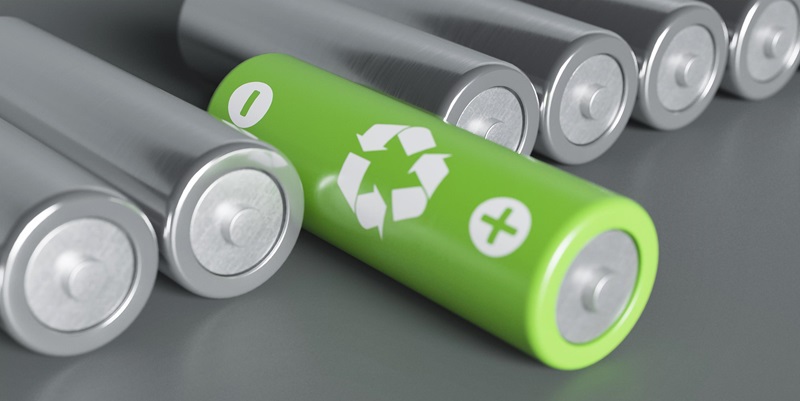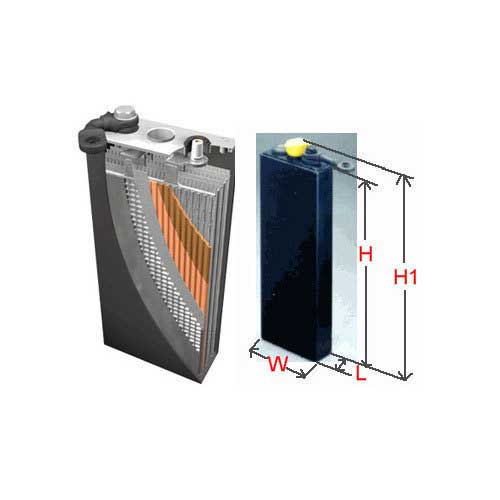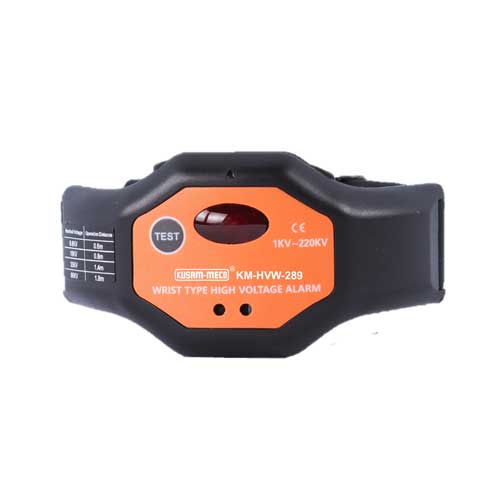Schedule a Call Back
Solid-state batteries plus traditional Li-ion battery manufacturing equipment
 Articles
Articles- Sep 06,24

Related Stories

India’s Critical Mineral Dependence Threatens Clean Energy Goals: Report
A FICCI–Deloitte report highlights India’s rising dependence on critical minerals and rare earth elements, underscoring supply chain risks and the need to strengthen domestic exploration, proces..
Read more
High-Efficiency Motor Market Set for Strong Growth Through 2030
High-efficiency motor revenues are forecast to grow 15 per cent in 2026, with global market value projected to nearly double to $3.1 billion by 2030, driven by legislation and industrial demand.
Read more
Tungaloy Expands Think Green Initiative with Hydrogen and Renewables
Tungaloy advances its Think Green initiative through renewable energy adoption, green hydrogen integration, ISO certifications, and sustainable product development, supporting its carbon reduction a..
Read moreRelated Products

Forklift Battery
Aatous International is a manufacturer and solution provider of a wide range of forklift battery.

Kusam Meco -Wrist Type High Voltage Alarm
‘KUSAM-MECO’ has introduced a new wrist Type High Voltage Alarm Detector - Model KM-HVW-289 having a wide sensing range from 1kV-220 kV AC.
Servotech Power Systems files 2 patents for energy management technologies
Servotech Power Systems, a leading manufacturer of EV chargers and solar solutions, has announced that it has filed two patents for innovative energy management technologies in order to facilitate gri Read more













